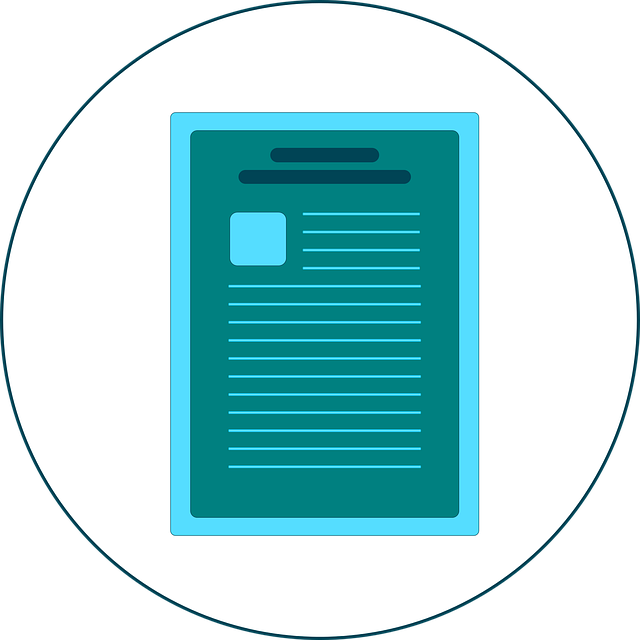Understanding lease terms explained is crucial for first-time renters. Fixed or flexible terms, renewal options, security deposits, and late fees are key clauses to comprehend in a lease agreement, ensuring informed decisions and rights protection for both tenants and landlords.
Moving in? Navigating lease terms can feel like deciphering a foreign language. This guide deciphers the essentials for first-time renters, demystifying key concepts like fixed vs. flexible lease durations and tenant rights & responsibilities. From understanding basic definitions to spotting common clauses, you’ll gain confidence as you explore the intricacies of lease agreements, empowering you to make informed decisions about your new home. (Lease terms explained, anyone?)
- Understanding Lease Basics: Key Definitions
- Types of Lease Terms: Fixed vs Flexible
- Duration and Renewal Options Explained
- Rights and Responsibilities for Tenants
- Common Clauses to Watch Out For
Understanding Lease Basics: Key Definitions

When renting for the first time, deciphering lease terms can seem daunting. However, understanding key definitions is the first step to navigating this process confidently. A lease is a legal agreement between a landlord and tenant that outlines the conditions and duration of occupancy. It serves as a contract, specifying rent amount, payment due dates, and responsibilities for maintaining the property.
Key terms like “lease term,” “monthly rent,” “security deposit,” and “late fee” are crucial to grasp. The lease term refers to the agreed-upon period of tenancy, typically measured in months. Monthly rent represents the regular payment owed for housing, while a security deposit is a sum paid upfront to cover potential damages or unpaid rent. Late fees are penalties charged if rent isn’t paid by the due date. Familiarizing yourself with these and other lease terms explained will empower you to make informed decisions as a first-time renter.
Types of Lease Terms: Fixed vs Flexible

When it comes to lease terms, understanding the difference between fixed and flexible options is essential for first-time renters. A lease term refers to the duration a tenant agrees to occupy a property. Fixed lease terms offer stability with a predetermined start and end date, usually ranging from 6 months to 2 years. This means rent remains constant throughout the lease period, providing tenants with predictability in their housing costs.
Flexible leases, on the other hand, allow for more adaptability. These arrangements often include options to renew the lease after the initial term, extend the stay for a few extra months, or even terminate the lease early (subject to certain conditions and fees). Flexible lease terms are beneficial for tenants who anticipate life changes or prefer the freedom to adjust their housing situation as needed. For lease terms explained in detail, understanding these fixed and flexible options is a great starting point for new renters.
Duration and Renewal Options Explained

When leasing a property, understanding the duration and renewal options is a crucial aspect of the lease terms explained for first-time renters. Lease agreements typically come in fixed-term or monthly tenancies. Fixed-term leases have a predetermined start and end date, such as 12 months, after which the tenant or landlord can choose to renew. This offers stability, as both parties know when the agreement will expire.
Renewal options vary; it could be automatic, requiring minimal action from either party, or it might require discussions and new agreements. Some leases may include clauses for increasing rent upon renewal, so it’s essential to review these carefully. Being aware of these lease terms explained allows renters to plan ahead, know their rights, and make informed decisions about their accommodation choices.
Rights and Responsibilities for Tenants

As a first-time renter, understanding your rights and responsibilities is crucial when navigating lease terms explained. Tenants have certain protections and privileges guaranteed by law, ensuring a safe and fair living environment. For instance, landlords must provide habitable conditions, maintain the property, and respect tenants’ privacy. You also have the right to live free from discrimination and harassment. Moreover, tenants are responsible for keeping the rental unit clean, reporting maintenance issues promptly, and adhering to payment terms, including timely rent submission.
Your duties also extend to ensuring your sublets or guests do not cause disturbances or violations. Regular communication with the landlord is essential, as they can provide guidance on specific expectations and local tenancy laws. Being informed about these lease terms explained empowers you to maintain a positive relationship with your landlord and create a comfortable living space.
Common Clauses to Watch Out For

When reviewing lease terms for the first time, keep an eye out for specific clauses that can significantly impact your rental experience. Some common provisions to watch for include security deposits, which are often a month or more’s rent, and they serve as a financial hold until the end of your tenancy. Always understand the conditions for returning your deposit in full.
Another crucial clause is the renewal or termination notice period, specifying how much advance notice you need to give before moving out. This can range from 30 days to several months, depending on local laws and your lease agreement. Additionally, be clear on what constitutes acceptable damage and who’s responsible for repairs, as unexpected clauses can leave renters with unexpected bills. Understanding these lease terms explained will empower you to make informed decisions and avoid potential pitfalls during your first rental experience.






